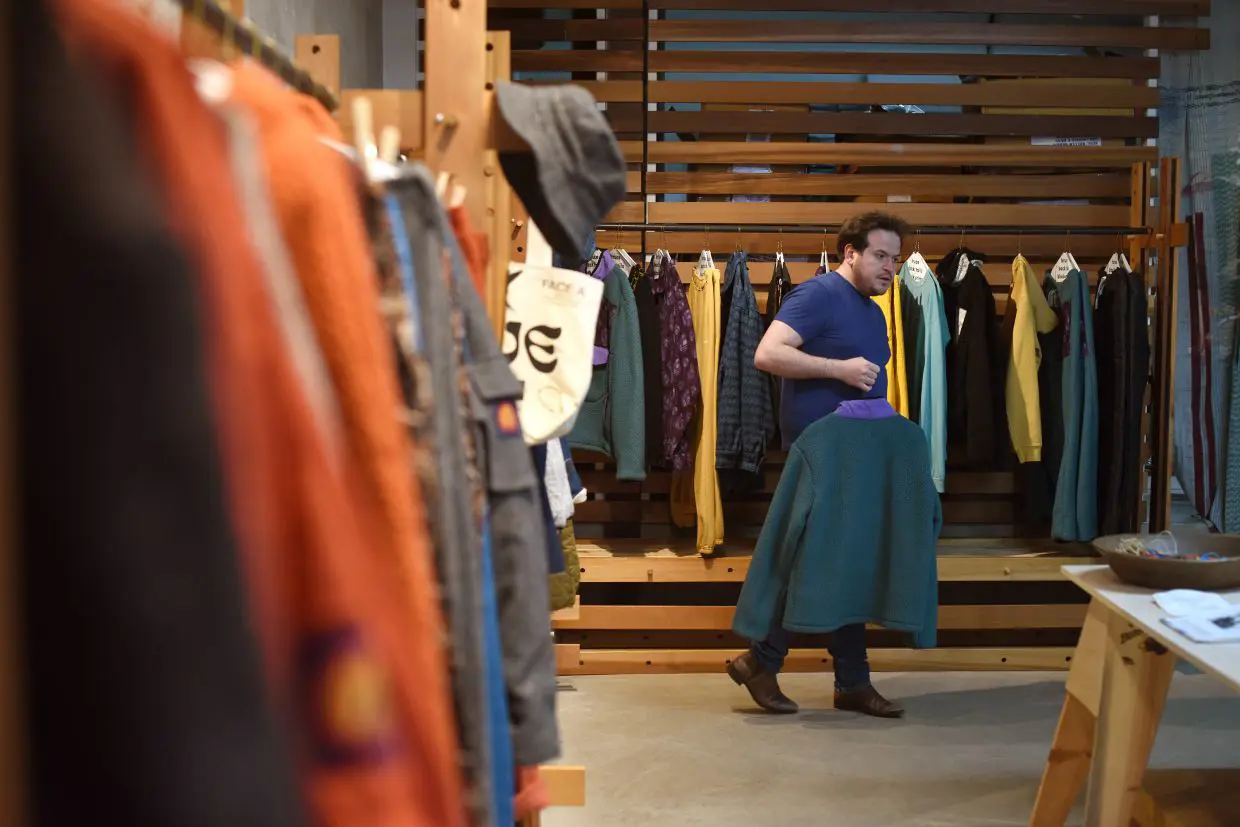The Trump administration’s use of tariffs to rebalance a global trading system that it claims benefits foreign corporations over American producers has Drew Greenblatt’s full support.
Greenblatt is the president and owner of Marlin Steel Wire Products in Baltimore, Maryland, which makes baskets and racks for medical device manufacturers, aerospace companies, food processing companies and others. It has 115 employees and makes its products in three locations in Maryland, Indiana and Michigan. The steel is sourced from Tennessee, Illinois and Michigan.
Currently, it’s hard to compete with baskets made overseas., Greenblatt says, because the countries he competes against have an “unfair advantage.” For example, due to European tariffs and taxes, it costs much more for a German consumer or company to buy Marlin wire baskets than it does for Americans to buy a German-made basket, creating an uneven playing field, Greenblatt said.
“It’s wildly unfair to the American worker,” he said. “And this has, by the way, been going on for decades.”
What Trump is doing
The Trump administration has called U.S. manufacturing an “economic and national security” priority. U.S. manufacturing has been declining for decades. In June 1979, the number of manufacturing workers peaked at 19.6 million. By January of 2025, employment was down 35% to 12.8 million, according to the Bureau of Labor Statistics. Small manufacturers, which make up 99% of all American manufacturing, have been hit particularly hard.
While delaying other tariffs pending negotiations, the government has imposed some tariffs against significant U.S. trading partners. According to the Trump administration, tariffs will compel businesses to produce more goods domestically in order to prevent sharp price rises on their imports, resulting in “better-paying American jobs” for those who manufacture appliances, vehicles, and other things.
Greenblatt agrees, saying he could double his staff if “parity” in tariffs becomes a reality.
Uncertainty for businesses
Some owners are worried, but other small manufacturing companies are in favor of the tariffs as well. The current economic order could be upended by the Trump tariffs, which could also cause a global recession. Additionally, the policy’s inconsistent implementation has caused uncertainty for American individuals, financial markets, and businesses.
According to Corry Blanc, the economic uncertainty outweighs any possible advantages.
He started his business, Blanc Creatives in Waynesboro, Virginia, in 2012. He makes handcrafted cookware such as skillets and other kitchenware and bakeware with American steel and wood and employs 12 staffers. He gets his steel from a plant in South Carolina and a distributor in Richmond. Wood comes from local regional sawmills near the company’s headquarters in Waynesboro, Virginia.



